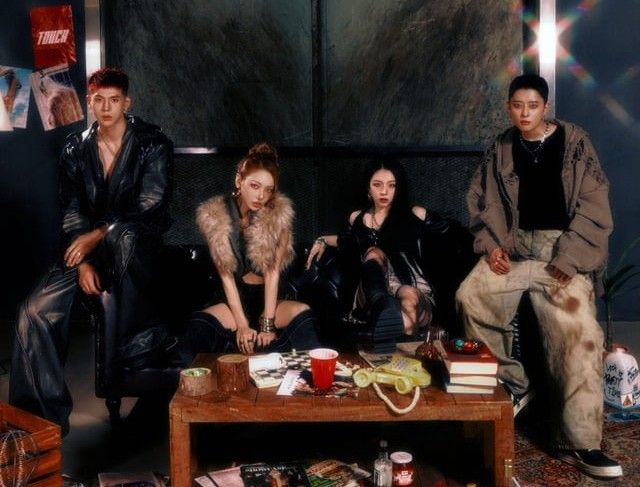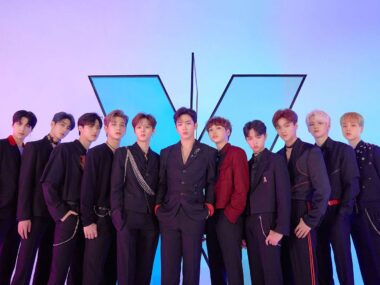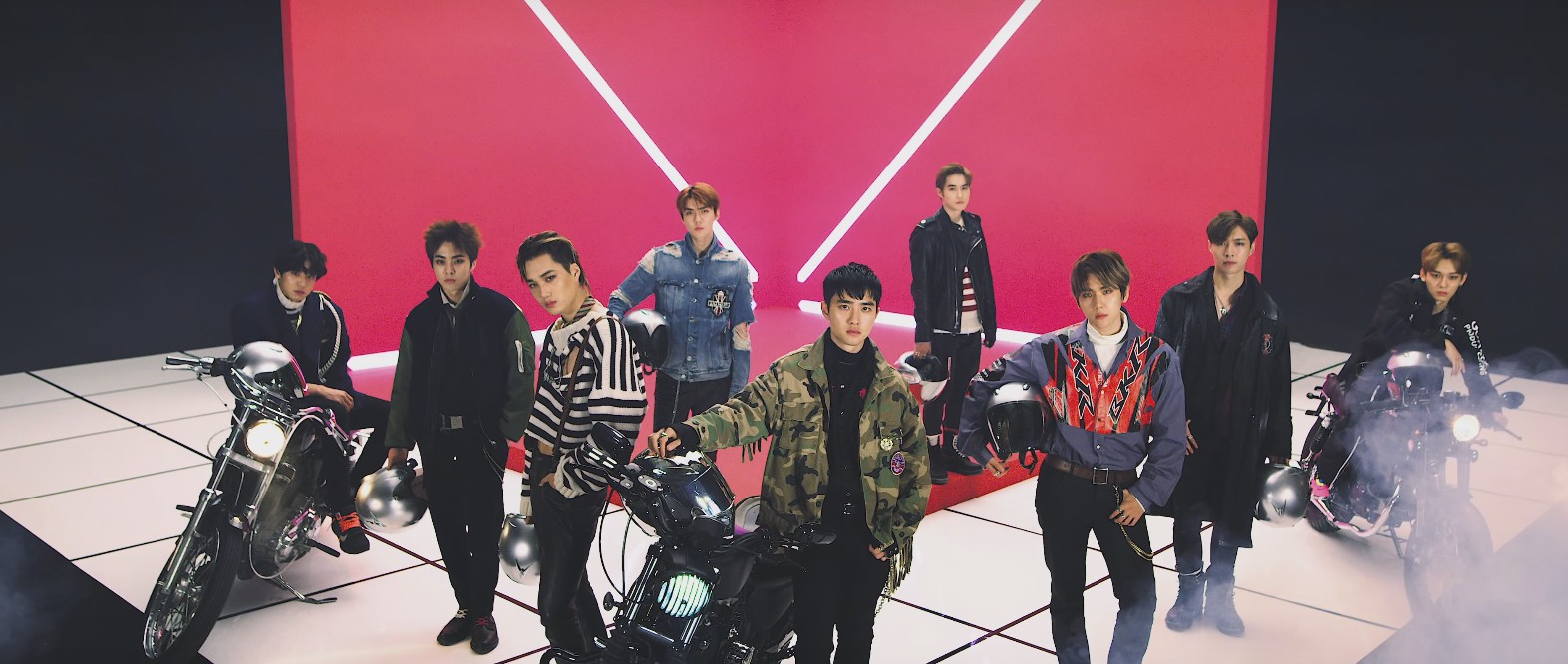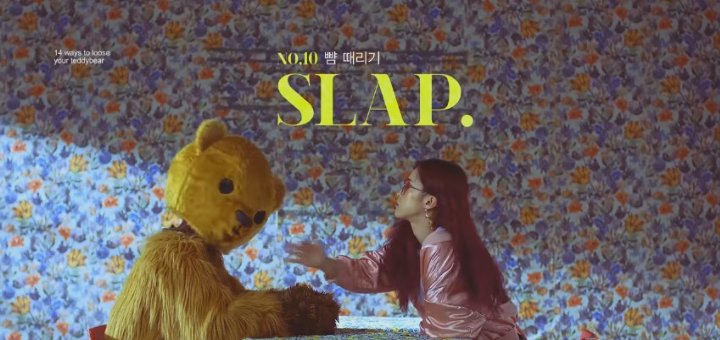KARD is an example of what happens when you’re ahead of your time. They debuted back in 2017 with a mixed-gender lineup, bold concepts, and a sound that was meant to appeal to global audiences instead of domestic fans. It was a risk, but it made them stand out.
But with the debut of another co-ed group, there’s suddenly a new wave of interest in them in K-pop. Does KARD finally get their moment now? Or has the moment already passed?
Enter ALLDAY PROJECT
ALLDAY PROJECT is the first co-ed group to debut since KARD. Backed by The Black Label, their concept and image is defined by trendy styling that pulls from American hip-hop, and an “exclusive” image that makes you feel like they’re already at the top of the food chain. Oh, and they seem to get full support from the Korean media and they’ve even appeared on the cover of Vogue Korea. They’re marketed as a “limitless creative project” that challenges norms, but with enough restraint to appeal to a conservative domestic audience.
So far Korean fans have embraced ALLDAY PROJECT. They only have two songs under their belt yet both are charting high on Korean music charts and they scored their first music show win ten days after their debut.
In contrast, KARD has never reached the same level of popularity. Their mature and sensual concept feels too riskier and even outdated in comparison. The bar for co-ed groups has changed. And now KARD are being judged against a standard they helped create but didn’t get to benefit from.
Why Didn’t KARD Blow Up in Korea?
If Koreans are now embracing co-ed groups, why didn’t KARD ever take off domestically?
There’s a few reasons why. For starters, KARD disrupted the “idol fantasy,” where fans project emotional or romantic connections onto their faves. For some people, it’s tough when your bias is constantly working with someone of the opposite sex. Unlike sibling duos like AKMU, co-ed groups like KARD feed into a different fantasy where fans speculate on whether the male and female members of the group are romantically involved with each other. And that’s one fantasy that Korean fan culture isn’t willing to buy into.
Their sound didn’t help either. With roots in moombahton and reggaeton, KARD’s music resonated more with fans in Latin America and Europe than it did with mainstream Korean audiences. Their songs often had lyrics mostly in English and leaned into music trends that didn’t align with Korean charts.
Then there’s fact that KARD’s agency DSP Media didn’t have the money or connections to promote KARD effectively at home. They focused more on boosting the group’s global fandom, booking overseas tours and not prioritizing building a loyal Korean fanbase. It was a valid strategy but it came at a cost.
Did ALLDAY PROJECT Prove Co-ed Groups Can Work?
ALLDAY PROJECT’s early success might be a sign that Korean audiences are ready for co-ed idols. But that doesn’t mean the doors are wide open now.
What it really proves is that co-ed groups can succeed when they’re:
- Backed by a major label (The Black Label is associated with YG Entertainment and lead by Teddy, a powerful music producer).
- Packaged with a trendy concept
- Knows who their target audience is (the members of ALLDAY PROJECT were either professional dancers or famous trainees, so they already had established fanbases individually).
In other words, it’s not just about being co-ed. It’s about taking advantage of the right circumstances at the right time.
And that’s where KARD got left behind. They had the concept and the talent, but not the timing, the resources, or the infrastructure to break through in Korea. So while ALLDAY PROJECT basks in attention and early success, KARD’s eight-year uphill climb continues.
Is There Still Time for KARD to Rise in Korea?
So can KARD ride this co-ed wave and finally get the recognition they deserve in Korea?
Maybe. But it won’t be easy.
ALLDAY PROJECT has reignited interest in the format but they’ve also raised the bar. For KARD to thrive domestically, they’d need DSP Media to change their marketing and promotion strategies. They need to balance promotions so that their international fans won’t feel abandoned.
KARD is still doing fine despite their current position. They’re still performing around the world, have a small yet dedicated fanbase and still doing things their own way. They’ve survived long enough to see the concept they took a risk on get mainstream attention.
KARD walked so ALLDAY PROJECT could run. It’s bittersweet to see another group reap the benefits of the path KARD carved out. But it’s also proof that what they did managed to have an impact in K-pop. Even if they never become chart-toppers in Korea, their legacy is secure.






